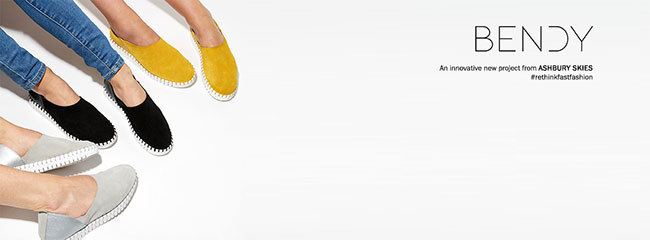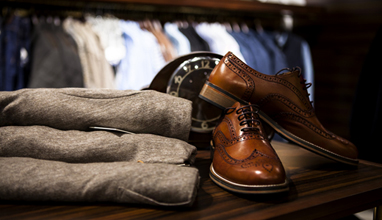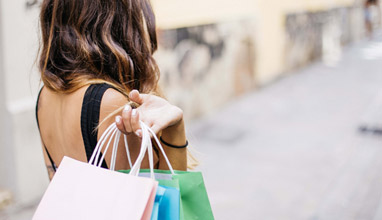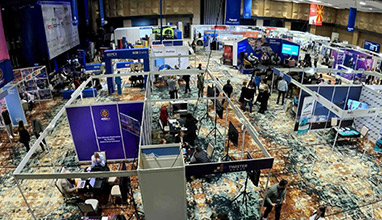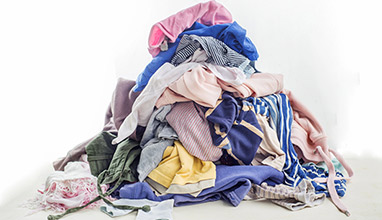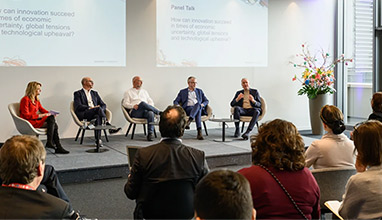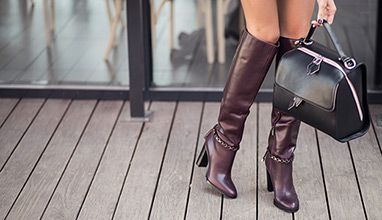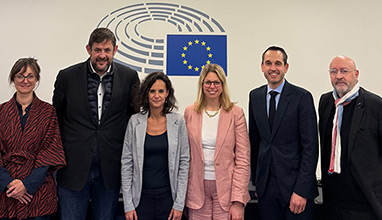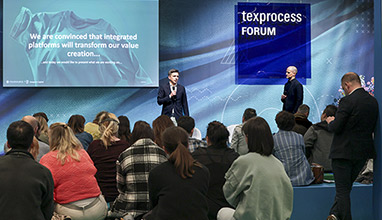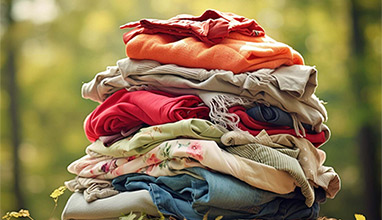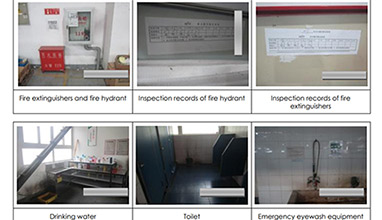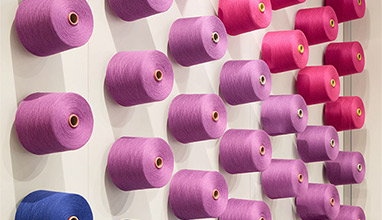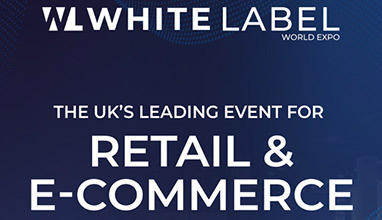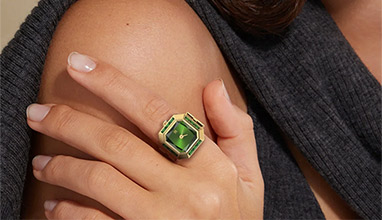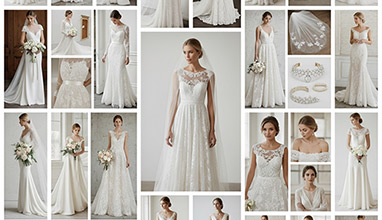What is the future of fashion? We will buy less and better quality
 Aggressive fashion - Those were the words Mary Sue used to describe her vision for the Ashbury Skies. My heart started beating and shouting YES! Here is the thing- safe, tasteful, fashion is beautiful and it serves a roll in a complete wardrobe. But it’s not what makes your heart beat. Bold, standout fashion- that gets us excited.
Aggressive fashion - Those were the words Mary Sue used to describe her vision for the Ashbury Skies. My heart started beating and shouting YES! Here is the thing- safe, tasteful, fashion is beautiful and it serves a roll in a complete wardrobe. But it’s not what makes your heart beat. Bold, standout fashion- that gets us excited.
So, we met the designer and took an interview about her point of view about Ethical fashion.
Please, tell me more about yourself. What is your experience in the fashion business?
My first job in Fashion was right after college at Esprit. I wanted to work there so bad, I started as a temp, 10 years later I was a VP. I ran the footwear manufacturing side of the business, then made a moved in to merchandising where I found my home. My next move was to Bebe and was a divisional merchandise manager for shoes and bags. Then I got the entrepreneurial bug and started Ashbury Skies, an online shoes store for small independent designers.
What inspired you to start your sustainable project?
Having worked in fashion for years, I have seen first-hand what fast-fashion is doing to our planet. In the last 30 years the proliferation of inexpensive, overseas labor lured companies overseas for manufacturing. This led to mass, over-production and the exploitation of workers. Greenhouse gases from these practices in the shoe industry are a great contributor to global warming.
Across America young women were heading to malls with groups of friends on the hunt for the freshest new designs to define their personal style. I was a cog in the wheel that made this happen. Some days I would convince myself that when my career was over, I would somehow find a way to give back and make up for being a part of this reckless cycle.
In 2011 I did finally sidestep from the craziness of large, multi-chain retailers. I co-founded Ashbury Skies, a highly curated website for small, independent shoe designers. We carry unique, quirky brands that stand out from others in the online shoe space. What was missing from our assortment, however, was any line with a conscience. Honestly, this is hard to accomplish. I knew this better than anyone—but nevertheless we persisted in our mission. We leveraged our industry knowledge and tapped into our network built up over decades.
Through a year of research and collaboration, we developed the Bendy, a shoe that is not in conflict with the health of the people making them and has significantly less environmental impact on the planet.
Are ethical fashion and sustainability more important today? Do you think that industry professionals and consumers are becoming more demanding on these issues?
I feel a shift for sure. I don’t think I would describe it as demanding, but I think that will come. I live in San Francisco and we are known for being early adapters so there may be more of awareness here than other places but industry professionals and consumers care in my world. I see young, west coast companies using ethical and responsible principals, as their building blocks and they are winning. These are the companies that are growing in a very stagnate business climate. Ethical fashion has not trickled down to the mass market yet, but it is happening in specialty, niche, retailing. As far as large, multi-chain retailers go, yes they are talking about it but it is a beast to solve. I think if we were to start by setting some industry initiatives for responsible manufacturing that more companies would get on board.
Do you support any ethical fashion initiatives?
I am very excited about the Ellen MacArthur Foundation’s campaign to stop the global fashion industry from consuming a quarter of the world’s annual carbon budget by 2050. Stella McCartney is behind this too. As my shoe with a conscience grows I would love to champion this cause. I think if fashion executives bonded together and set some tangible goals and guidelines that systemic changes could be made in the business of fashion.
How can slow fashion brands adapt to the industry changes and the competition from fast fashion companies without compromising quality, sustainability and ethical issues?
I am doing it by making my shoe in California. I chose a simple construction with high quality materials. My advantage over a large, china importer is lead-time, quality and a lower C02 due to less transportation.
How can a brand ensure its manufacturer is committed to sustainability and ethical working practices?
Choose wisely. Our goal is to establish a direct, long-term relationship with our maker. Since our shoe is handcrafted in the US this has not been too difficult for us. But you need to do your homework and ask questions.
In your opinion, is the "see-now buy-now" approach one of the solutions for competitiveness of slow fashion brands? Is it getting more and more popular among them?
I don’t see that happening. I hope the customer moves away from that mentality. I would like to see a movement toward choosing fashion consciously and with integrity. One of getting pleasure from wearing a beautiful, well-made, long lasting shoe rather than the immediate gratification of a cheap import that lasts one season. It happened in food, why can’t it happen with shoes and apparel?
Who sets the fashion trends nowadays - fashion designers, brands, fabric producers or bloggers and influencers?
Fashion designers and influencers. They go hand in hand. If a celeb wears something right off the runway, there is immediate validation of the trend. Then within a few months you start seeing that trend or an interpretation of it in the market at many different price points.
What do you think is the future of fashion?
We will buy less and better quality. This is where I see it going. It is the right thing to do for the planet.
Hits: 13250 | Leave a comment


